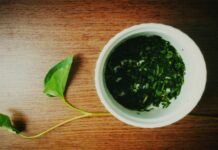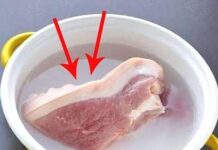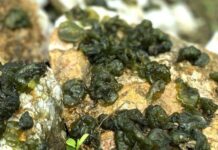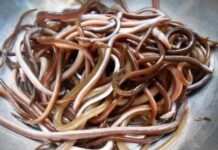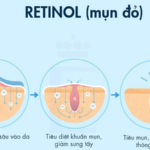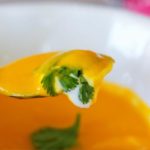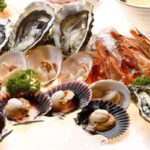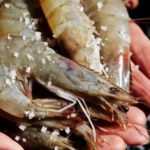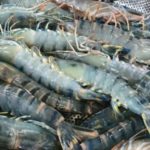Don’t Eat Shrimp Eyes for Better Vision
It is a common misconception that shrimp eyes are rich in nutrients and vitamins beneficial for eye health. While it is true that certain foods can support eye health, shrimp eyes are not a significant source of these nutrients.
In fact, the nutrients are not concentrated in the head or eyes of shrimp, and as you may know, shrimp excrement tends to accumulate in the head. Consuming large amounts of shrimp heads may result in ingesting more waste than beneficial nutrients.
Additionally, medical professionals advise against eating shrimp heads if you have conjunctivitis as it can worsen the condition.
Instead of focusing on shrimp eyes, opt for a variety of fruits and vegetables rich in vitamin A to support eye health.
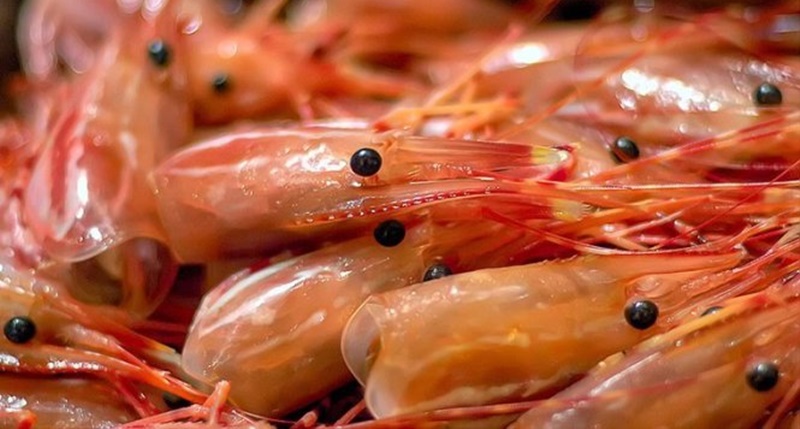
Postpartum Women Should Not Eat Shrimp
There is a misconception among new mothers that consuming large amounts of shrimp after giving birth will cause their bodies to become cold, leading to poor digestion, stomach aches, and keloids for those who have undergone a cesarean section.
However, there is no scientific research to support these beliefs. On the contrary, medical professionals often recommend including shrimp in the diet during the postpartum recovery period due to its nutritional benefits. It is important, however, to consume shrimp in moderation and ensure it is well-cooked before eating.
Shrimp Shells Are Not a Good Source of Calcium
You may have heard that shrimp shells are rich in calcium and therefore beneficial for those looking to increase their calcium intake. However, this is not the case. Shrimp shells are primarily composed of chitin, a polymer that forms the exoskeleton of most crustaceans. Shrimp shells contain very little, if any, calcium.
The part of the shrimp that is rich in calcium is the meat itself. So, if you’re looking to boost your calcium intake, focus on eating the shrimp meat.
Additionally, if the shrimp has a hard shell that is difficult to digest, it is best to remove it before eating to avoid digestive issues like bloating.
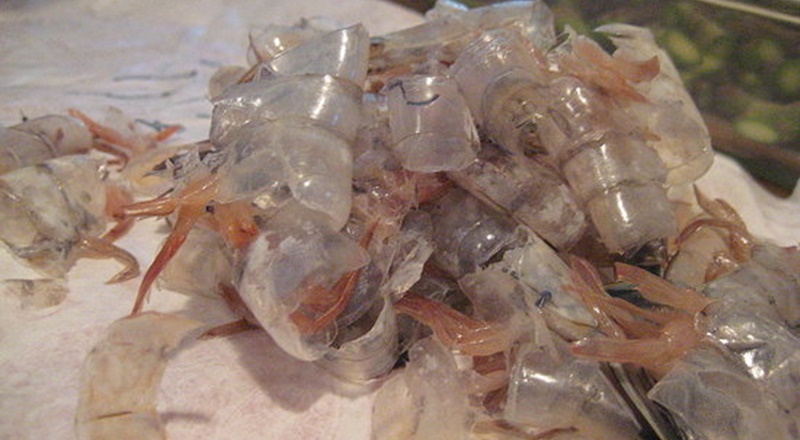
Be Cautious When Cooking Shrimp with Vegetables and Fruits
Shrimp contains arsenic, and when combined with vitamin C, it can convert to a more toxic form of arsenic known as arsenic trioxide. Therefore, avoid cooking or consuming shrimp with vitamin C-rich fruits and vegetables like lemons, oranges, or tomatoes. It is also recommended to refrain from eating vitamin C-rich fruits immediately after consuming shrimp.
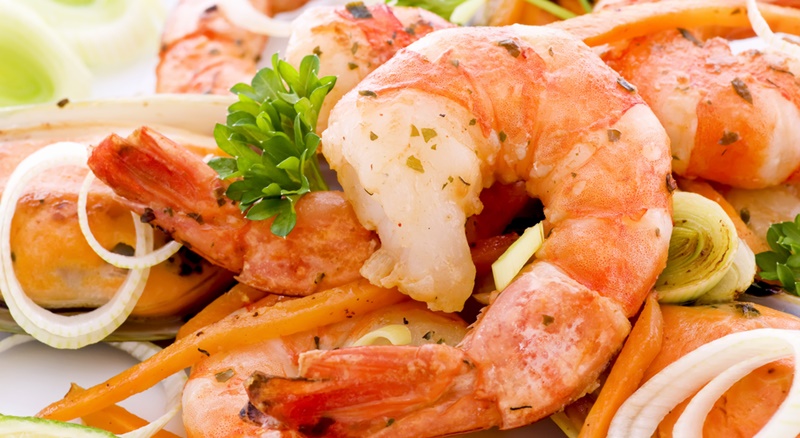
Avoid Eating Shrimp When You Have a Cough
It is not advisable to eat shrimp when you are suffering from a cough. Even if the shrimp is peeled and cooked, the strong flavor of shrimp can aggravate a cough and make breathing difficult for those with a weakened respiratory system.
It is best to refrain from eating shrimp until your cough has subsided to support your recovery and improve your overall health.
Source: bestie.vn
Are you making any of these shrimp-eating mistakes? Make the necessary adjustments to enjoy shrimp in a healthier way. Share your tips for cooking and eating shrimp in a nutritious manner in the comments below.
Cook the Perfect Carrot Soup for Babies That Moms Will Love – Ready in No Time!
The recently released GREEN Electric Machine pressure cooker will help mothers cook carrot soup and provide their children with the nutrients they need to keep their eyes healthy. The pressure cooker will make it easier to whip up this nutritious snack that can provide kids with vitamin A supplements for improved vision.
The GREEN Electric Machine pressure cooker has just been unveiled, providing mothers with a convenient way to prepare carrot soup for their children. This healthful snack can give kids the vitamin A supplements they need to prevent eye diseases, promote healthy eyesight, and enjoy a delicious meal.
How to Choose Fresh Seafood: Important Cabinet Tips
In recent years, concerns have been raised over the practice of injecting urea and chemicals into seafood, making it difficult to find safe and fresh options. To help, DienmayXANH.com offers some tips on how to select the best seafood available. Seafood is a rich, delicious, and nutritious source of food, and this advice will help ensure you make the most of it.


